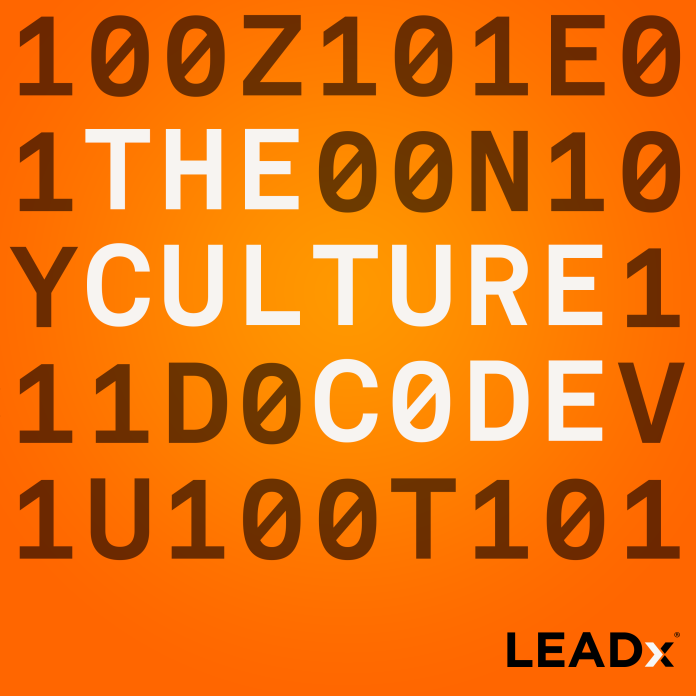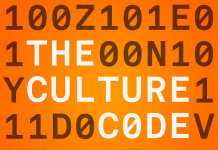
Over the course of 100+ interviews with chief people officers (CPOs), an interesting theme has emerged: Companies with unique company values and characteristics seem to foster more authentic, creative environments. For example,
Here’s a recent example that fits the bill: an “evidence-based” culture. To learn more about it, I met with the Chief People Officer (CPO) of Virta Health Dr. Lucia Guillory.
Virta Health, a 500-employee health technology company, reverses diabetes, obesity, and prediabetes via an entirely remote process. They employ this model without adding medications. In fact, they often deprescribe medications without surgery. “It's really about looking at a person as a whole individual, providing them with a coach and a doctor, and helping them make a lifestyle change that causes this reversal,” Guillory explained.

Virta’s Culture Is “People First” and “Evidence-Based”
Two key characteristics of company culture at Virta are “people first” and “evidence-based.” Here’s a breakdown of each characteristic and an example of how the company fosters it:
People first – “We're oriented around our members and one another. We're centered on the concept of empowerment,” Guillory explained. “Being empowered to lead your best life, to do what you want to do with your life, shows up in our treatment. It shows up in the way that we hope we are guiding and supporting our teammates.”
Example of this culture in practice – At every weekly all-hands meeting, a member speaks to the team about their experience. “We get to hear how that member is experiencing the treatment, the changes they've made in their lives, and, in many cases, the ramifications of those changes for their families. I've even heard of cases where multiple generations are making a change because Grandma is,” Guillory said. This approach serves as a weekly reminder that people come first.
Evidence-based – As a company started by researchers, Virta is highly oriented around the science behind their work.
Example of this culture in practice: “Being a company founded on research, we're very quantitative, evidence-based, and data-oriented. There's no desire to hear your pitch for why you think something is cool. The desire is to understand why that's going to work and the evidence that it's the right approach,” Guillory remarked. “I'm the CPO, but I wouldn't ask anyone in the company to do something if I wasn't able to explain to them why they needed to act and show them the evidence I had that it was going to work.”
Virta Develops Culture by Developing Its Leaders
Since research correlates 70% of an employee’s engagement to their manager, the way a company develops its leaders can be incredibly telling of its culture.
At Virta, first-line leaders undergo extensive training, especially considering the company’s smaller size.
Designing the program – The first-line leader program is a foundational skills program for all managers. Before designing the program, Guillory and her team facilitated focus groups to understand what skills they wanted managers to have and what skills they felt were lacking. “We then went to our leaders and said, ‘Here's where we think you have expertise. Do you agree, and would you teach a course?’ Then, we produced this 8-week course on various topics that we thought were essential for leaders as they emerged into the space of being not just a manager but also someone who guides workflows and produces strategy.”
Delivering the program – The instructors recorded the courses so that Virta’s managers can take them at any time. However, managers take the courses in cohorts and attend a study group with an instructor to ask questions about the course. “Managers in our cohorts can develop relationships and get accustomed to asking each other questions about issues related to the coursework that come up in their daily lives.” After the course, managers continue to have relationships and touchpoints with their cohort as well as with the instructors who can provide ongoing mentorship and support.
Example course – “For example, with ‘Practicing Difficult Conversations’, we saw that having difficult conversations was a challenge, primarily manifested through difficulty with performance reviews, difficulty with change management, or even difficulty expressing what you want and need from a teammate as a manager,” Guillory elaborated. “The difficult conversations segment is all about how you connect with someone and develop that emotional bank account, so you can go out on a limb with them and really talk about things that aren't easy to discuss.”
Measurement – At the beginning of the program, Guillory and her team survey both the managers themselves and their team members on their competency in key dimensions. They also survey halfway through and at the end of the program.
Guillory’s Book Recommendation for HR Professionals: Power of Moments
All of the chief people officers I have interviewed are voracious readers and learners. Asked what book she would recommend for human resources (HR) professionals to read, Guillory recommended Power of Moments. “Power of Moments helps you understand how people conceptualize experiences, whatever that experience is, and gives you actionable steps to improve those experiences—anything from a birthday party to a performance review to a graduation. The book gives examples of things that you can do, sensory things, elements that you can add to elevate the experience.”


